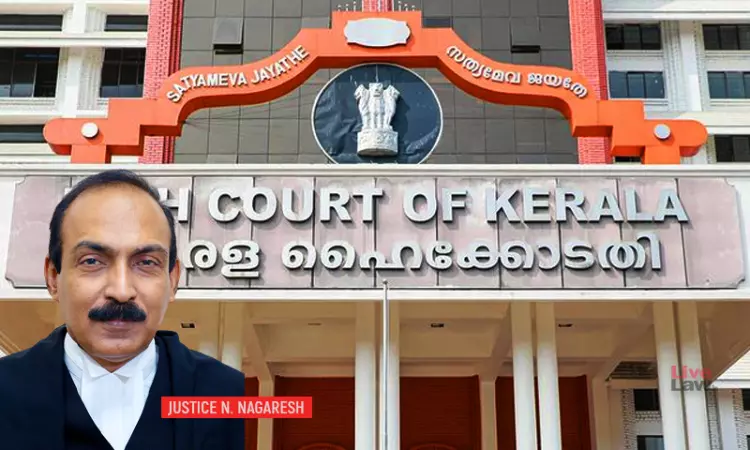Persons Extracting Groundwater For Consumer Supply Are Bound To Obtain Statutory Registration: Kerala High Court
Navya Benny
3 Jan 2023 3:30 PM IST

Next Story
3 Jan 2023 3:30 PM IST
The Kerala High Court has held that persons engaged in the business of extracting groundwater and supplying it to consumers through tanker lorries are 'users of ground water' as defined under Section 2(1)(h) of the Kerala Ground Water (Control and Regulation) Act, 2002 and are bound to obtain registration under Section 9 of the Act, irrespective of whether the areas where they operate...
